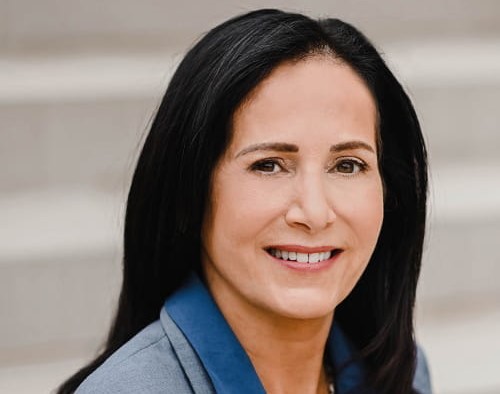Cohabitation among unmarried couples is not novel. A 2019 study indicated that the share of adults who are living with an unmarried partner is 7%. 1 Insuring property for unmarried couples is not so easy in many states. A recent Michigan case found that the unmarried woman did not qualify as an insured under a State Farm policy, which covered a “domestic partner” or “a person in a substantially similar legal relationship.” 2
Catherine Metry and James Saros were an unmarried couple living together in Saros’ home for over three years. Saros suffered a stroke in May 2020, and his power of attorney, John Korachis, took legal action to evict Metry. A court ordered her eviction on October 16, 2020, and her belongings were to be placed in storage until December 31, 2020.
Metry later filed a claim with State Farm, which provided homeowners’ insurance for Saros. She alleged that she was prevented from collecting her belongings, resulting in the loss or damage of items worth approximately $175,000. State Farm denied Metry’s claim, stating that she was not an insured under Saros’ policy.
The policy provided in part:
[if] a ‘Named Insured’ shown in the Declarations is a human being, then ‘you’ and ‘your’ include”:
- spouse of a ‘Named Insured’
- a party to a civil union with a ‘Named Insured’;
- a domestic partner of a ‘Named Insured’; or
- a person in a substantially similar legal relationship with a ‘Named Insured’;
if such relationship is recognized and valid in the state where, and at the time when, the legal relationship was established.
The court found that the policy did not name or refer to Metry, nor did it establish an express promise to benefit her. The court also ruled that she was not the “Named Insured” nor a spouse of Saros, and she was not a relative by blood, adoption, or marriage.
While the policy allowed coverage for domestic partners or civil unions, such relationships must be recognized under Michigan law—and Michigan does not have a statewide recognition of domestic partnerships or civil unions.
Individuals who share a home without legal marriage or formal domestic partnership recognition may have no rights under a homeowner’s insurance policy. This is a critical consideration for unmarried couples and should be discussed with insurance agents. Many companies offer endorsements for unmarried couples. Other companies simply add the other unmarried couple as a named insured or an additional insured.
Even for married couples, coverage may evaporate when a separation occurs. An IRMI article, “You”, “Your”, “We”, “Us”, and “Our” Definition, warns about the following:
For example, going back to John and Mary Smith, assume that only John is listed in the policy declarations. He moves out of the house due to a separation and Mary remains in the house. Mary is no longer a “you” since she no longer resides with her spouse John. In addition, the definition of “residence premises” means “the one family dwelling where ‘you’ reside.” In this situation, coverage could be threatened.
Thus, the best approach is for the agent to name both the husband and wife in the declarations because this can avoid coverage problems if a separation occurs during the policy period. This method also helps agents avoid errors and omissions (E&O) exposures.
We warned about these situations in Terms of a Policy: Knowing Who is Insured:
Being an unnamed party to an insurance contract does not in itself create additional hardships as the unnamed party also benefits from that same contract. However, a party must first know whether they are one of these unnamed parties, whether they are the ‘who’ that is covered.
Fully explaining and asking for coverage for everybody co-habiting is an important discussion to have with an insurance agent to prevent later coverage issues. Keeping the insurance agent informed about changes in life, especially about who is living in the insured structure, is a crucial conversation that must be addressed to avoid claim denials like the one discussed in today’s case.
Thought For The Day
“You don’t love someone for their looks, or their clothes, or their fancy car, but because they sing a song only you can hear.”
—Oscar Wilde
1 Juliana Menasce Horowitz, Marriage and Cohabitation in the U.S., Pew Research Center (Nov. 6, 2019). Available online at https://www.pewresearch.org/social-trends/2019/11/06/marriage-and-cohabitation-in-the-u-s/
2 Metry v. State Farm Fire & Cas. Co., No. 23-12691 (E.D. Mich. Feb. 19, 2025).




